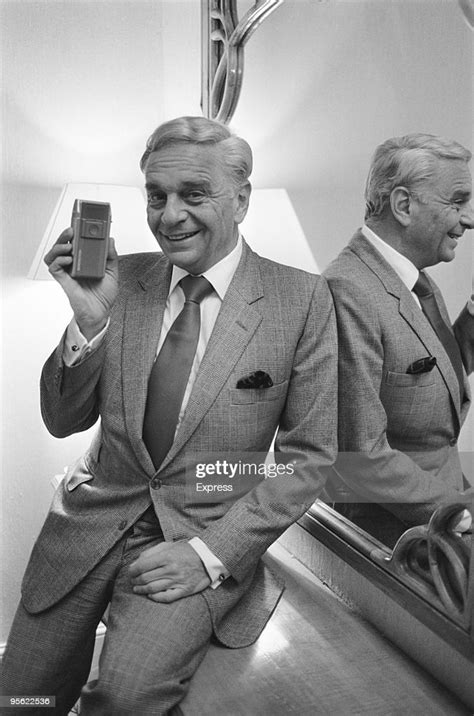A Quote by Jensen Huang
Without intellectual honesty, you can't have a culture that's willing to tolerate failure because people cling too much to an idea that likely will be bad or isn't working and they feel like their reputation is tied up in it. They can't admit failure.
Related Quotes
Not many people are willing to give failure a second opportunity. They fail once and it is all over. The bitter pill of failure is often more than most people can handle. If you are willing to accept failure and learn from it, if you are willing to consider failure as a blessing in disguise and bounce back, you have got the essential of harnessing one of the most powerful success forces.
Failure's relative. I've always felt, even early on, if I lose the freedom to fail, something's not right about that. It's how you treat failure, too. There's something to learn from it. I've had movies that have failed colossally, so you kind of analyze your failures: What kind of failure was it? A failure because it's misunderstood by others? A failure because you misunderstood it yourself?
If you want to be rich, never give up. People tend to give up. If you have persistence, you will come out ahead of most people. More importantly, you will learn. When you do something, you might fail. But that's not because you're a failure. It's because you have not learnt enough. Do it differently each time. One day, you will do it right. Failure is your friend.
Think of it this way: There are two kinds of failure. The first comes from never trying out your ideas because you are afraid, or because you are waiting for the perfect time. This kind of failure you can never learn from, and such timidity will destroy you. The second kind comes from a bold and venturesome spirit. If you fail in this way, the hit that you take to your reputation is greatly outweighed by what you learn. Repeated failure will toughen your spirit and show you with absolute clarity how things must be done.
Surprisingly, it's forgiveness, not guilt, that increases accountability. Researchers have found that taking a self-compassionate point of view on a personal failure makes people more likely to take personal responsibility for the failure than when they take a self-critical point of view. They also are more willing to receive feedback and advice from others, and more likely to learn from the experience.



































